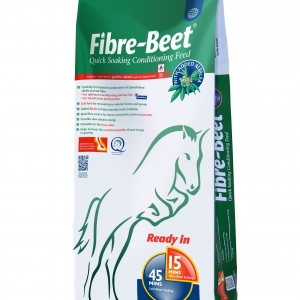Choosing the Right Horse Feeds: A Complete Guide for Australian Horse Owners
Welcome to our complete guide of horse feeds designed just for Australian horse owners. Proper nutrition is critical for the health and well-being of your equine friends, and choosing the correct meals may make a big difference in their overall energy and performance.

In this post, we’ll look at horse feeds, examining critical factors, the many types of feeds available in Australia, and how to provide your horses with appropriate nutrition.
Understand Equine Nutrition:
- Horses thrive on a well-balanced diet rich in proteins, carbs, fats, vitamins, and minerals. Learn about horses’ distinct dietary demands and how they change depending on age, exercise level, and health state.
- Forage vs. Concentrates: Learn about the differences between forage (hay, pasture) and concentrates (grains, pellets) and their responsibilities in providing your horse’s nutritional requirements. Recognize the necessity of including both components in your horse’s diet for maximum health.
Horse Feeds Available in Australia:
- Grass Hay: Grass hay is a popular feed option among Australian horse owners, offering important fiber and nutrients. Learn about the numerous types of grass hay available in Australia, as well as their compatibility for different horse breeds and nutritional needs.
- Lucerne Hay: Lucerne hay, commonly known as alfalfa, is another popular feed that is valued for its high protein content. Learn about the advantages of using lucerne hay in your horse’s diet and how to balance it with other forages.
- Commercial foods: Discover a variety of commercial horse foods available in Australia, such as pellets, cubes, and extruded meals. These simple solutions are designed to provide balanced nutrition and may include additional supplements to address specific health needs.
Choosing the Right Feed for Your Horse:
Consider speaking with an equine nutritionist, a veterinarian, or an equine feed specialist to identify the best feeding options for your horse. These professionals can evaluate your horse’s specific requirements and suggest proper feeding practices.
Trial and Observation: When introducing a new feed or making adjustments to your horse’s diet, it is critical to constantly evaluate their response. To determine the efficacy of the chosen feed, look for evidence of better health, energy, coat condition, and digestive function.
Feeding Practices and Considerations:
Feeding Frequency: Create a consistent feeding schedule based on your horse’s requirements and routine. To promote digestive health, stick to predictable meal times and prevent rapid changes in food patterns.
Access to Clean Water: Make sure your horse has access to fresh, clean water at all times, since proper hydration is essential for digestion and general health.
Food Storage and Quality: Horse feed should be stored in a dry, cool area to maintain nutritional content and prevent spoiling. Before feeding, inspect the food for signs of mold, vermin, or contamination.
Investing in Your Horse’s Health: Providing your horse with quality feeds is an investment in their long-term health and performance.
By understanding their nutritional needs and selecting appropriate feeds, you can support their overall well-being and enjoy a strong bond with your equine companion.
